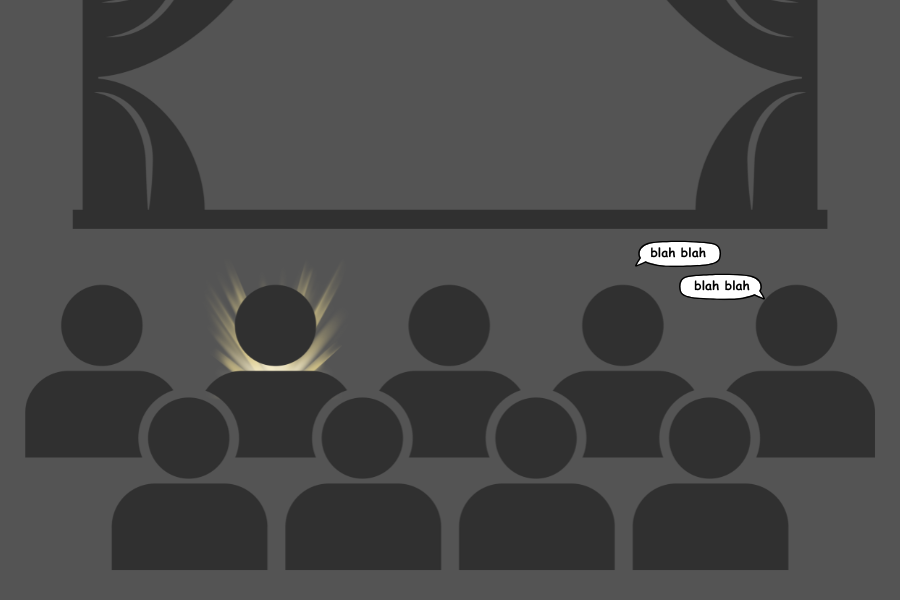Harry Lam
Journal Staff
Ecuador was thrown into chaos as hundreds within the police force launched an uprising against Ecuadorian President, Rafael Correa, on September 30. This was in response to a new austerity law that would cut the benefits of public servants, which included the benefits of police officers. Since President Correa’s term, the average policeman salary has increased from $700 to $1,200, double the average wage. This was still not enough for some in the police force; therefore, they continued with a revolt leading the country to disaster.
The rebelling policemen took over several police barracks across the country, set up roadblocks on highways, and overran the capital’s international airport forcing several flights to be cancelled. Looters took advantage of the situation as well by robbing banks and assaulting people on the street.
The new austerity law, which was passed by congress the day before the uprising, would have standardized pay for public employees, reducing the bonuses for some workers.
During the unrest, Correa confronted a large group of rebelling policemen at the main police barracks in Quito. During his dramatic speech at the barracks, he opened his shirt and challenged the rebels: “If you want to kill the president, here he is. Kill him, if you want to. Kill him if you are brave enough!”
After his speech, Correa was escorted from the area, being shoved and tear-gassed. It was reported that one rebel police officer tried to hit his knee that was just operated on. He was immediately taken to a close hospital for treatment after he inhaled some of the tear gas.
“They threw tear gas at us. One exploded near my face. It stunned me and my wife for a few seconds, probably minutes,” he said. “I had to put on a gas mask and some coward took it off me so I would suffocate.” He even described the uprising as ‘a coup attempt led by the opposition and certain sections of the armed forces and police.’
Correa laid the blame on the former president, Lucio Guiterrez, and claimed Guiterrez’s people were present during the protests and were inciting the protesters.
The Ecuadorian news agency, Andes, has released recording that is supposedly police radio traffic on the day of the uprising. “Kill Correa and get this finished. Kill Correa and the protests will be over,” the recording said.
During his stay at the hospital, Correa declared a state of emergency and was prevented from leaving the hospital for over 12 hours by rebel policemen surrounding the building. The foreign minister, Ricardo Patino, called for the president’s supporters to march peacefully in support and attempt to rescue the president from the hospital.
“There are people trying to get in from the roof and attack [Correa],” claimed Patino.
Hundreds of supporters came to the president’s aid to try to help him leave the hospital. They pelted rocks at some of the rebel officers stationed there, and rebels responded by firing tear gas at his supporters as well.
Ernesto Gonzalez, head of the armed forces, claimed that the military remained loyal to the president.
“We are a state of law. We are loyal to the maximum authority, which is the president,” he said.
During the night, the military whisked President Correa from the hospital in a rescue operation that led to several shots being exchanged between the military and the rebel police officers. According to the Ecuadorian Red Cross, two people died and dozens were injured in the gun battle. Days after the uprising the government displayed evidence of bullet damage to the armored car that was used to rescue the president. By the end of the uprising eight people had died across the country.
After his rescue, Correa greeted a large crowd of his supporters from the balcony of the presidential palace and thanked them for their help.
“This was a coup attempt, an attempt to destabilize the government, which failed thanks to the Ecuadorian people,” he said.
He described the day as one of sadness and sorrow, but hoped the events would serve as an example to those who want to bring change by “stopping the citizens revolution without going through the polls.”
By the next day, the uprising had ended.
Since then, the chief of police has resigned and six police commanders have been replaced. About 40 police suspects have been detained for their alleged participation. President Correa has promised “no pardon or forgiveness” for the police rebels responsible for the uprising and claimed the purging of the police force will continue. Politicians who provoked the violence will be probed as well.







